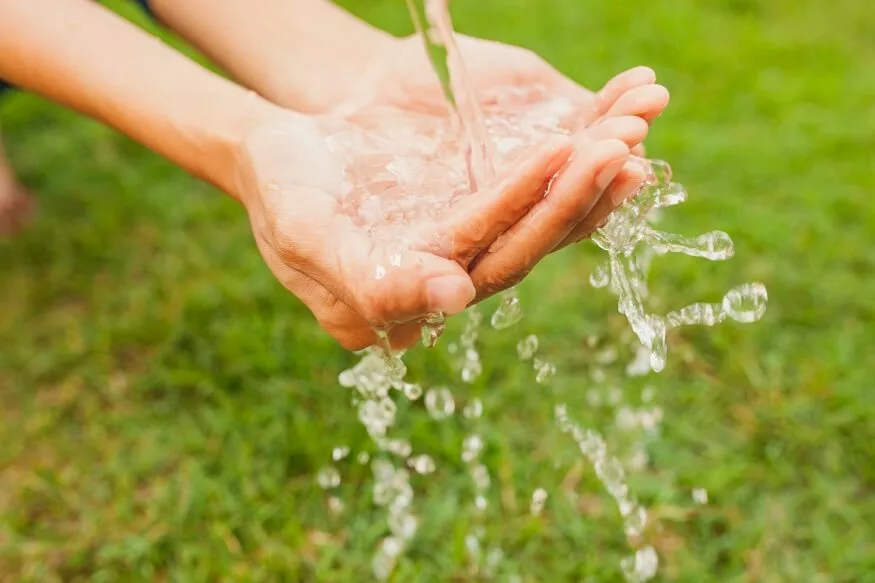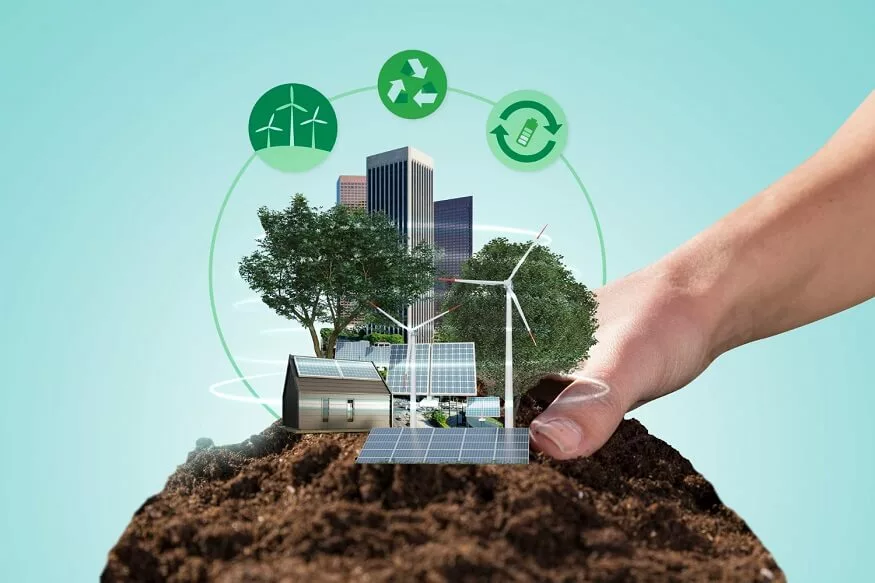Understanding the importance of clean water for infants and toddlers is crucial, as it directly impacts their health, development, and overall well-being. Clean water is essential not just for drinking, but also for preparing food, making infant formula, and maintaining hygiene.
1. Importance of Clean Water in Infant Health
Infants’ immune systems are less developed than those of older children or adults, making them particularly vulnerable to diseases caused by contaminated water. Unsafe water can harbour pathogens like E. coli, rotavirus, and salmonella, which can lead to serious conditions like gastroenteritis. In many parts of the world, waterborne illnesses are a leading cause of mortality in young children. Therefore, ensuring access to clean, safe water is a primary health imperative for infants and toddlers.
2. Role in Nutritional Absorption
During the critical early stages of life, proper nutrition is essential for healthy growth and development. Water plays a crucial role in the digestion process and helps in the absorption of nutrients from food. When infants start consuming solid foods, the quality of water used in their preparation directly affects their ability to absorb these nutrients. Using contaminated water can lead to gastrointestinal disturbances such as diarrhoea, which in turn can cause malnutrition and impede a child’s growth and development.
3. Safe Preparation of Infant Formula
For infants who are not breastfed, formula is a vital source of nutrition. The preparation of infant formula requires mixing powdered or liquid concentrate with water. If this water is contaminated, it can expose the infant to harmful bacteria and chemicals. This risk underscores the importance of using water that is free from contaminants, either through boiling, using bottled water (if guaranteed safe), or through reliable filtration systems.
4. Impact on Physical Development
Water is a fundamental part of human biology and is essential for the healthy physical development of infants and toddlers. It helps in the formation of blood cells, aids in digestion, and is crucial for maintaining body temperature. Dehydration, even in mild forms, can have significant adverse effects on a child’s physical health, including reduced muscle strength, decreased kidney function, and in severe cases, neurological impairment.
5. Cognitive Development and Water Quality
Emerging research suggests a strong link between the quality of water and cognitive development in children. Exposure to toxic substances like lead, commonly found in contaminated water, can have devastating effects on a child’s brain development. This exposure can lead to reduced attention span, learning difficulties, and behavioural issues. Ensuring clean water is, therefore, not just a matter of physical health but is also crucial for the healthy brain development of infants and toddlers.
6. Hygiene and Disease Prevention
Clean water is indispensable for maintaining basic hygiene. Washing hands, cleaning feeding bottles and utensils, bathing infants – all require water that is free from contamination. Good hygiene practices are essential in preventing the spread of infectious diseases, which is particularly important in the early years when children’s immune systems are still developing.
Also Read: Teaching Kids to Save Water
7. Environmental and Social Factors
The accessibility of clean water is often influenced by environmental and social conditions. Factors such as pollution, inadequate infrastructure, and socioeconomic disparities can limit access to safe water. This issue is more acute in developing countries but is not exclusive to them. Addressing these challenges requires a comprehensive approach that includes environmental protection, infrastructure development, and addressing social inequalities.
8. The Role of Parents and Caregivers
Parents and caregivers are the first line of defence in ensuring the health and safety of infants and toddlers. They need to be vigilant about the water quality in their homes. This might involve boiling water, using certified water filters, and staying informed about local water quality reports. Educating parents and caregivers about the importance of water quality and safe handling practices is crucial.
9. Government and Policy Role
Governments have a critical role in ensuring public access to clean and safe drinking water. This responsibility includes setting and enforcing water quality standards, investing in water treatment facilities, and responding promptly to water contamination incidents. Policies should also focus on preventive measures, like protecting water sources from pollution and ensuring regular testing and maintenance of water supply systems.
10. Global Challenges and Solutions
Globally, the challenge of ensuring access to clean water is vast. It requires concerted efforts from international organisations, governments, and communities. Solutions include investing in sustainable water and sanitation infrastructure, promoting research into affordable water purification technologies, and educating communities about water conservation and hygiene practices. International cooperation and funding are essential to support these initiatives, especially in regions that are most affected by water scarcity and contamination.
Also Read: How to find the Right Water Temperature for Baby Bath: Tips, Tricks, and Safety Measures
10 Tips for parents of a newborn baby
Here are 10 quick tips for parents of newborns specifically related to the use of clean water:
- Boil Water for Formula:
- Check Water Quality Regularly:
- Use Safe Water for Mixing Cereal or Food:
- Clean and Sterilise Feeding Equipment:
- Be Cautious with Well Water:
- Maintain Clean Humidifiers:
- Safe Bath Water:
- Prepare for Emergencies:
- Wash Hands with Safe Water:
- Educate Caregivers and Family:
If using a formula, always boil water before mixing it, even if the water is bottled or filtered. Let it cool down to a safe temperature before use.
Keep informed about the quality of your local water supply. If there are any advisories or concerns, use bottled water or boil tap water before use.
When starting your baby on solid foods, use boiled or bottled water for mixing cereals and purees.
Use clean, boiled water to sterilize bottles, nipples, and any feeding equipment, especially for the first few months.
If your home uses well water, have it tested regularly for contaminants. Babies are particularly susceptible to nitrates and bacteria commonly found in well water.
If using a humidifier in the baby’s room, always use distilled or demineralised water to prevent mineral buildup and the growth of bacteria and mould.
Ensure the water used for bathing is clean and safe. If you have concerns about your water supply, boil and cool water for baths.
Keep a supply of bottled water on hand in case of emergencies or natural disasters that might disrupt water supply or quality.
Always wash your hands with safe, clean water before handling your baby or their feeding supplies, to prevent the transmission of germs.
Make sure anyone who takes care of your baby knows the importance of using clean water for feeding and hygiene.
Also Read: Water Safety Tips for Kids
EuroSchool prioritises a healthy learning environment, integrating clean water initiatives to ensure student well-being and promote sustainable environmental practices.











